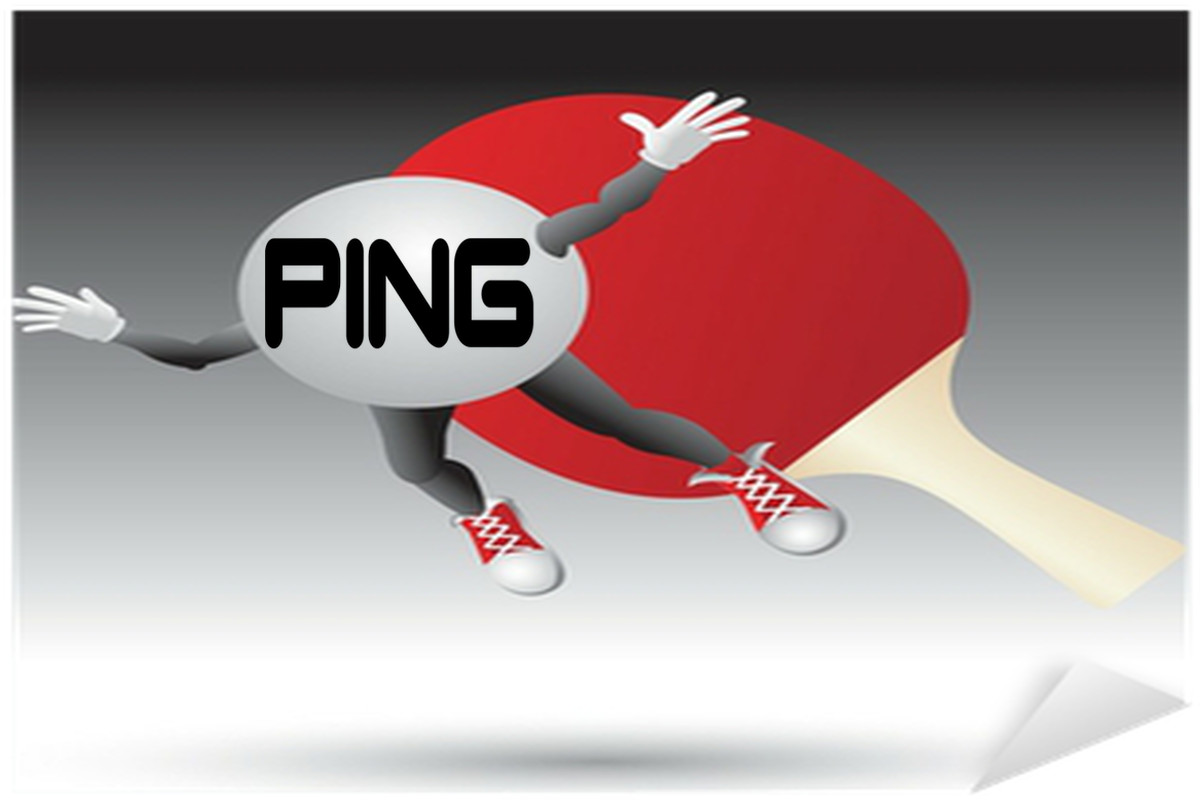Disclosure: This post contains affiliate links. I may receive compensation when you click on links to products in this post. For an explanation of my Advertising Policy, visit this page. Thanks for reading!
Does server distance affect a Ping?
Absolutely! The distance between a user and a server does affect Ping latency. The closer the server is to the user, the better the ping will be because the traveling distance and time are reduced.
Does distance from the server affect speed?
The further away you are from the server, the longer it takes for your computer to send and receive data.
That’s why, if you’re trying to download a large file or watch a video streaming from another country, you might experience some lag.
The speed of light is pretty fast, but it’s not instantaneous, so there is a slight delay as data travels from the server to your device.
However, this delay is usually so small that you don’t notice it unless you’re trying to do something that requires a lot of data transfer.
So, if you’re looking for the fastest possible connection, you’ll need to be close to the server.
But for most people, the difference in speed is negligible.
Does location affect ping?
Anyone who’s ever played an online game knows that a good connection is the key to success.
A low ping means that there is little to no lag between when you input a command and when it is carried out in the game.
This is essential for fast-paced games where timing is everything, such as first-person shooters.
But what many people don’t realize is that ping is affected by more than just your internet speed.
Your location also plays a role.
For example, if you’re playing a game on a server located in Europe while you’re physically in the United States, you’re going to experience a higher ping than someone who’s playing on a server located in the US.
This is because of the distance the data has to travel. So if you’re looking for the lowest possible ping, it’s best to choose a server that’s located as close to you as possible.
How much does server location matter for Pings?
When it comes to Pings, server location matters. The further away you are from the server, the higher your Ping will be.
That’s just the nature of the internet. Data has to travel further, so it takes longer to get there.
Of course, other factors can affect your Ping as well. If there’s a lot of congestion on the network between you and the server, that will slow things down.
And if the server itself is busy or not well-connected, that can also cause high Pings.
But in general, the further away you are from the server, the higher your Ping will be.
So if you want low Pings, it’s best to pick a server that’s close to you.
But at the end of the day, it’s not just about Pings, it’s about what type of experience you’re looking for.
If you’re willing to sacrifice a little bit of speed for a better connection, then, by all means, go for it.
But if low Pings are your top priority, then you’ll need to pick a server that’s close by.
How do I improve my ping?
There are a few things you can do to improve your ping.
First, make sure you have a good internet connection.
A stable connection will help ensure that your packets are getting through to the server without being lost or delayed.
Second, try connecting to a server that is closer to your location. The further away the server is, the longer it will take for your packets to reach it.
Another way to improve your ping is to clear your browser’s cache and cookies. Over time, these files can build up and slow down your connection.
In addition, make sure you’re using the latest version of your browser. Outdated browsers can often be slower and more prone to errors.
Finally, you can try using a VPN (virtual private network). A VPN can help reduce latency by encrypting and routing your traffic through a dedicated server.
Just be sure to pick a reputable VPN provider, as some of them can increase your ping.
How does the number of hops in the trace affect latency?
The number of hops in a trace affects latency in a couple of ways.
First, each hop takes time, so the more hops there are, the longer it will take for the trace to complete.
Second, each hop adds another potential point of failure. If one-hop takes longer than expected, or if there is an error at one hop, that can add significant delays.
Finally, the number of hops can also affect how well the traceRoute tool can identify the source of any problems.
If there are a large number of hops, it can be difficult to pin down where things are going wrong.
In general, then, fewer hops means lower latency and fewer potential points of failure.
Does server distance affect a Ping? Summary.
It’s a common question asked by gamers everywhere: does the distance of the server influence Ping? The answer, like many things in the gaming world, is complicated.
In short, yes, server distance can affect Ping, but several other factors also come into play.
For example, the number of players on a server can also create lag.
That said, if two servers are equally populated and one is closer to you than the other, then it’s likely that the closer server will have a lower Ping.
So if you’re looking to get an edge on the competition, it might be worth checking out servers that are closer to you. But as always, your mileage may vary.


